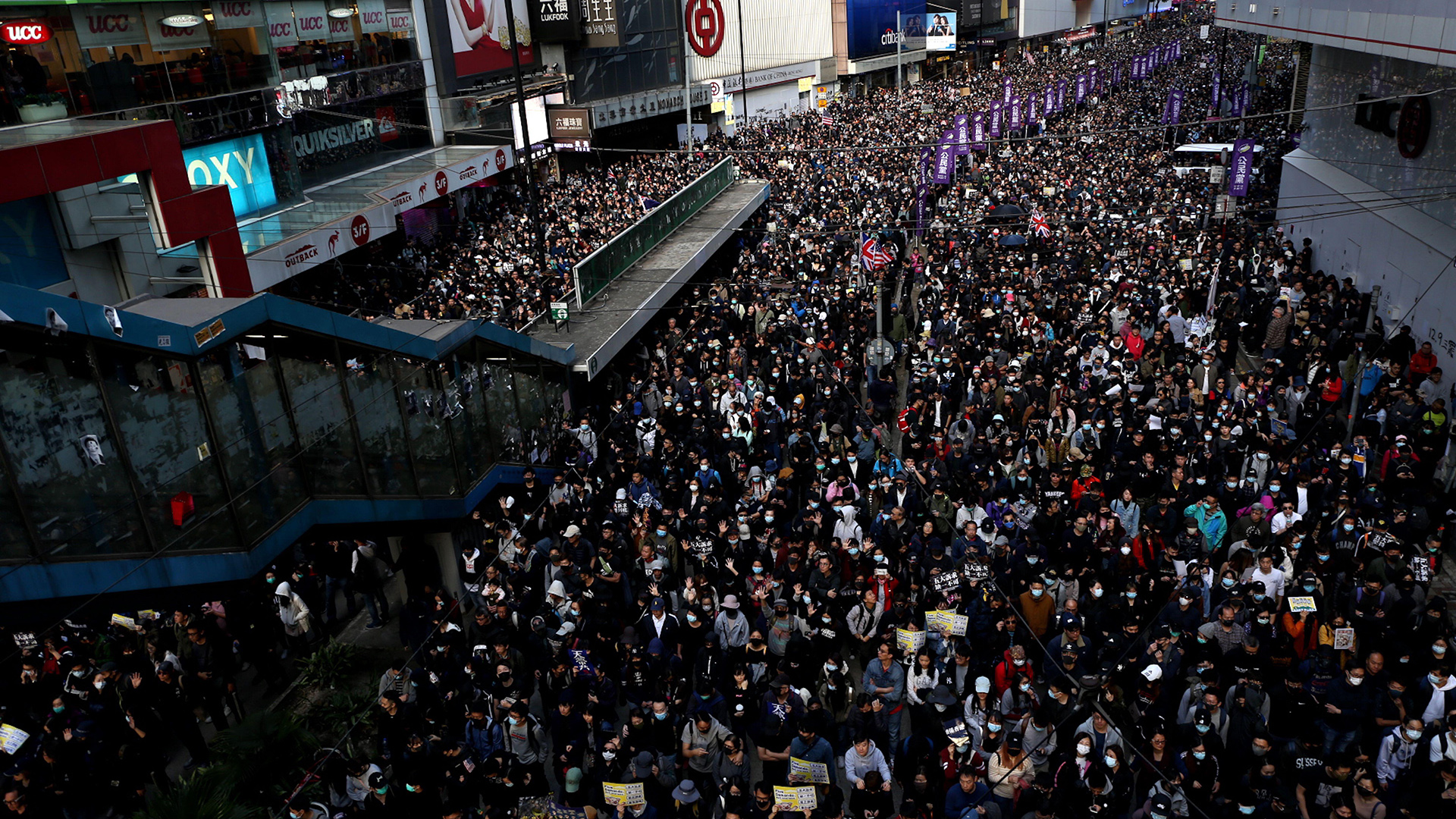Youth in Flames is a new solo show coming to the Edinburgh Fringe this August. It captures the heart of the 2019 Hong Kong protest movement through the eyes of Millie, a cheeky (sometimes bratty) British expat who gets pulled into the political upheaval by local Hong Konger Jesse. It’s a play about trying to find a sense of belonging in a rapidly changing world, and the cost of ignorance when our attention is needed most.
Youth in Flames didn’t begin as a one-woman play. A year ago, I didn’t even imagine performing in it myself. It started as more of a novella piece, a way to preserve my memories of Hong Kong and reflect on how the city had changed since the protests. The drastic political shift, and what it meant for a place that had once been seen as a democratic city.
In April 2019, chief executive Carrie Lam proposed an extradition bill that would allow for criminal suspects from Hong Kong to be extradited to mainland China under certain circumstances. Hong Kong’s reaction was immediate. The public feared that the bill would increase Beijing’s influence over Hong Kong, silencing activists, targeting journalists and eventually eroding the city’s autonomy.
Read more:
- Renowned photographer Misan Harriman on Black Lives Matter, Gaza and finding hope in protest
- From anti-war to Palestine Action: The way we protest is changing – so how did we get here?
- Whatever happened to Make Poverty History?
What began as peaceful marches quickly escalated into chaos. Clashes between police and demonstrators grew more violent. Tear gas became a near-daily occurrence. Protesters were rebranded as “rioters”, a label designed to delegitimise the democratic demands at the heart of the movement. Calls for greater freedoms were reframed as threats to national security.
I watched, like many others, as the city transformed overnight. One moment, I was walking to my part-time job; the next, I was barricaded inside an office building, trying to avoid clouds of tear gas flooding the streets. That atmosphere – the fear, intensity and courage – is what I wanted to capture on stage. I wanted audiences to feel what it was like to be there, to witness that sense of urgency.





